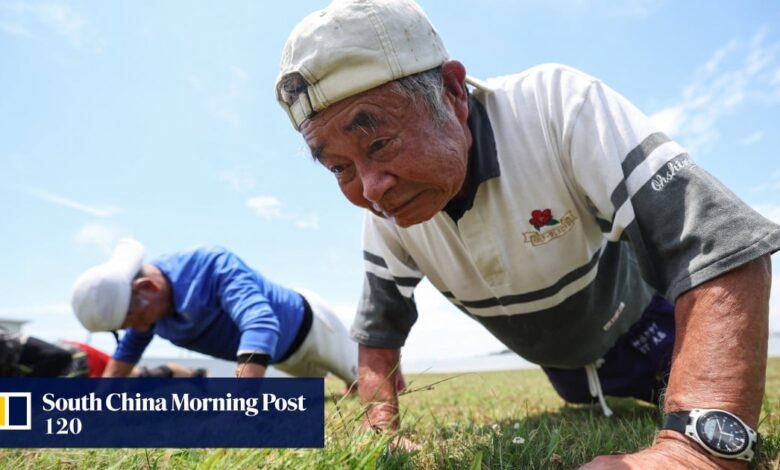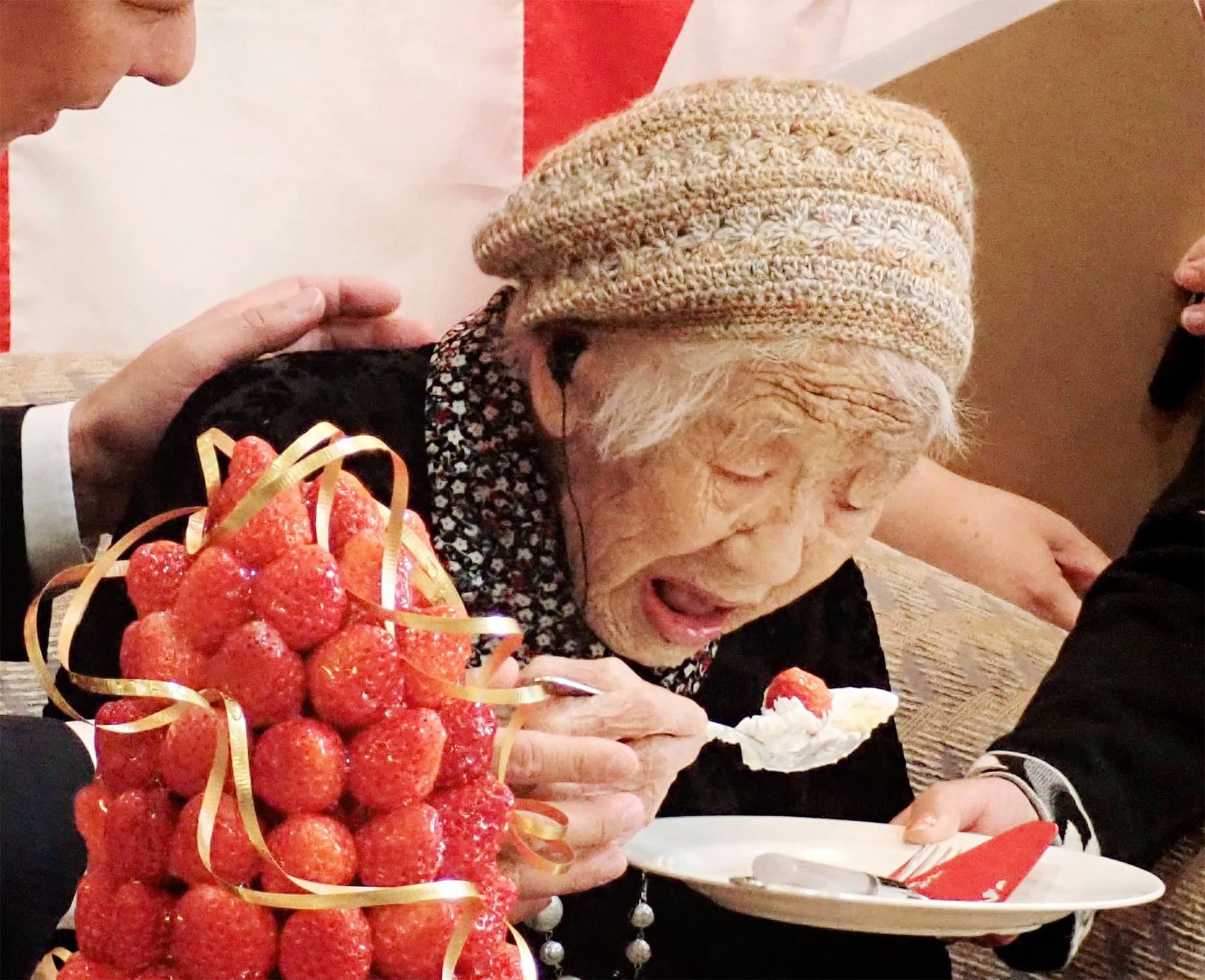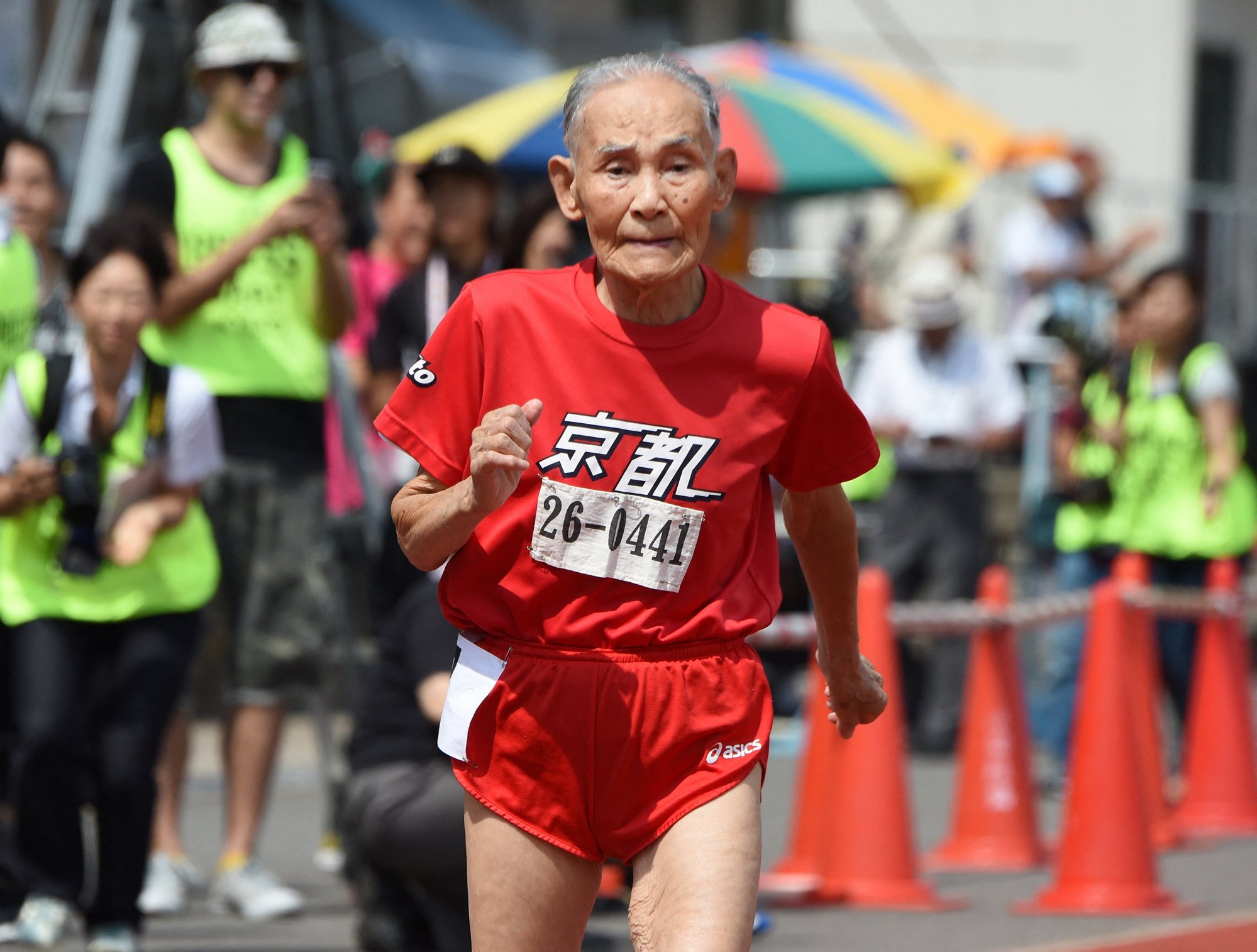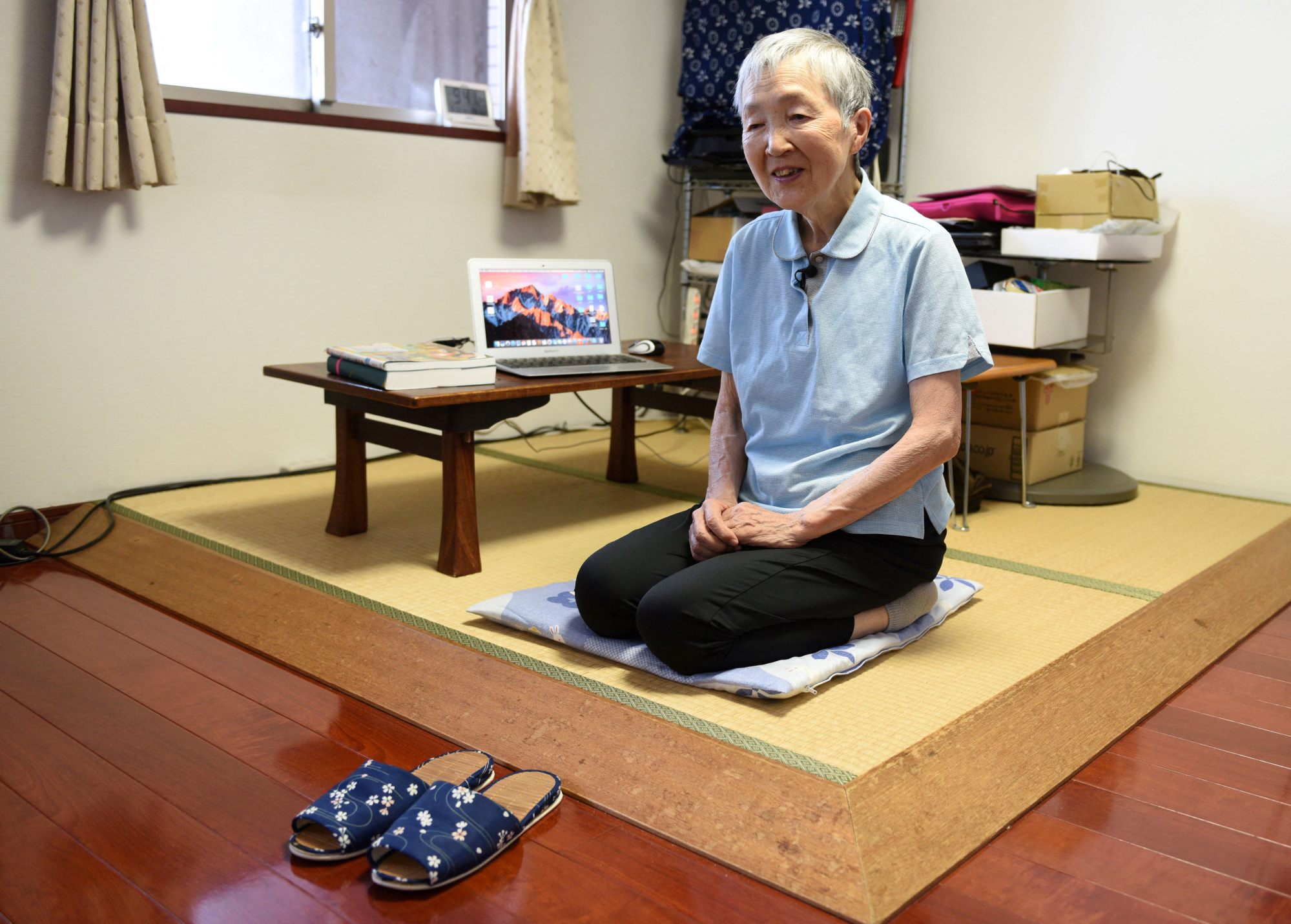The secret to a super long life? Eat less, move more and sit up straight, Japan’s ‘super-agers’ say

So, Yamamoto knows a thing or two about longevity, particularly what Japanese people with long lives have in common.
LongeviQuest has verified 269 supercentenarians in Japan, including in Okinawa, one of the world’s so-called Blue Zones, where an unusually high number of people live to be over 100.
Like in other Blue Zones, Japan’s “super-agers” tend not to eat much meat and spend lots of time with family. But they have other longevity-boosting habits which are more specific to the country, Yamamoto said.
Don’t eat your fill
“There’s a saying in Japanese, which says you should only eat until you’re 80 per cent full, so you should leave space at the end of a meal,” Yamamoto said.
The saying, hara hachi bu, helps Japanese people to practice mindful eating and mild calorie restriction, which research suggests reduces inflammation and could be beneficial for longevity, according to animal studies, although more research is needed.
The average daily calorie intake of someone from the Okinawa Blue Zone, for instance, is only about 1,900 – less than the 2,000 calories per day that the US Food and Drug Administration recommends.

Cut out the excess
One of the biggest lessons Yamamoto has learned from her chats with supercentenarians is “don’t do things to excess, instead do all things in moderation.”
“She wasn’t addicted to it, and she wouldn’t drink to excess. This is something that I think is common in Japan. Japanese people eat in a balanced way and they don’t eat or drink to excess,” she said. “And that goes not just for food and drink, but also things like not staying up all night.”
Experts agree that enjoying treats in moderation can make healthy eating more sustainable – an approach dubbed the 80/20 rule.

Move more
In Japan, people take part in what’s known as radio gymnastics, Yamamoto said. Since 1928, a radio broadcast has directed listeners in body weight exercises for five minutes a day, and Yamamoto said she tries to do radio gymnastics in the mornings just like Japan’s super-agers.
Research suggests that doing short bursts of intense physical activity could lower the risk of cancer and heart disease, and therefore improve longevity.
Most Blue Zone super-agers don’t go to the gym, and instead incorporate movement into their daily lives – whether that’s by walking, taking the stairs, or doing group sports to combine socialising with exercise.

Sit up straight
Yamamoto said that her great-grandmother was always very “regimented” in her posture, always maintaining a straight back.
“One thing I’ve noticed about Japanese supercentenarians and centenarians is that they’re very disciplined and strict on themselves in terms of straight posture,” she said.
“As humans, we will tend to hunch over a little bit as we get older, but very elderly Japanese people, even until old age, will maintain a very straight posture.”
Research suggests that a good posture can minimise strain on the body, prevent pain, and help keep it functioning correctly.





